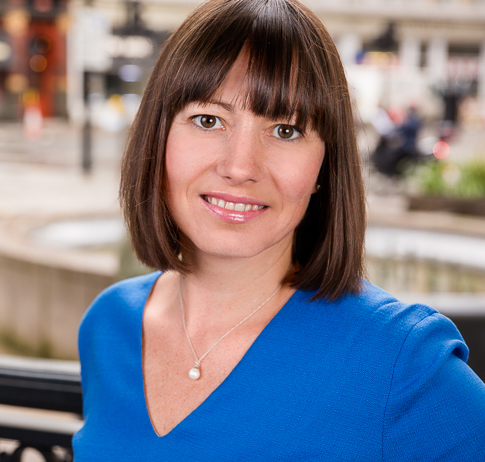Ahead of World Mental Health day next week I wanted to give a short summary of what I learned from my fellow panel members who spoke at the IAFL European Chapter conference 2019. I was joined by Dr Shruthi Guruswamy, Dr Jehanne Sosson, Esther Susin Carrasco, Oksana Voynarovska and Kesavan Nair. So what were the most interesting aspects of our session on legal capacity and the use of a Lasting or Enduring Power of Attorney?
First of all, it came as a surprise to me when Oksana explained that it is not possible in Ukraine for a person to enter into a Lasting or Enduring Power of Attorney. There were also some apprehensions from some audience members about how LPA/EPA's could be inappropriately used by the deputy – to their own benefit. When it came to considering whether and how EPAs/LPAs could be used in an international situation, where say, a party has entered into a EPA in one country but needs to use it in another, there was a healthy difference of opinion on the extent to which EPAs/LPAs were subject to the Hague Convention on the Protection of Adults which would allow them to be recognised by other signatory states.
Once we got into the section dealing with capacity to marry we learned from Esther that in Spain, if there is a history of mental ill health, an entry can be made on the records, which are produced to the registrar who is conducting the marriage. It is then up to the registrar to be satisfied that the person has the necessary legal capacity to marry. This is very different to the approach elsewhere, and in particular in Singapore, as explained by Kesavan, and England, where there is a presumption of capacity unless there are reasons to determine otherwise. If there is a question of whether a person has the required capacity, then of course, medical advice will be required. We heard from Dr Shruthi Guruswamy Consultant Psychiatrist, about many interesting examples in which she has been required to consider carefully whether a person has capacity to understand the specific matter in hand. To give an example, a person could have capacity say, to marry, but not the capacity to change their will.
In Belgium we also heard about how a progressive approach is being advocated about the scope of the role of any person who is appointed by the Court to act as a deputy for another person. Jehanne talked about how the deputy may have the ability to engage in legal proceedings on behalf of the person who no longer has capacity.
What was certainly evident is that there is an increasing awareness of mental health issues and therefore the need for the legal and medical professionals to collaborate when working with clients who have either long term or transient mental health problems which may mean they may not have legal capacity. As with many areas of law, where international issues come into play, we must also work hand in hand with colleagues from other countries to ensure that the interests of vulnerable adults are protected. Our lawyers specialising in elder law and vulnerable people are doing exactly that, and have worked with governments internationally in developing their laws on these issues. Julia Abrey in our London office is a leader in this area.
It was a fascinating exchange of law and experiences, even if I do say so myself as the panel chair. Many thanks to my fellow panel members.
#ModernFamilies #mentalhealth #worldmentalhealthday

